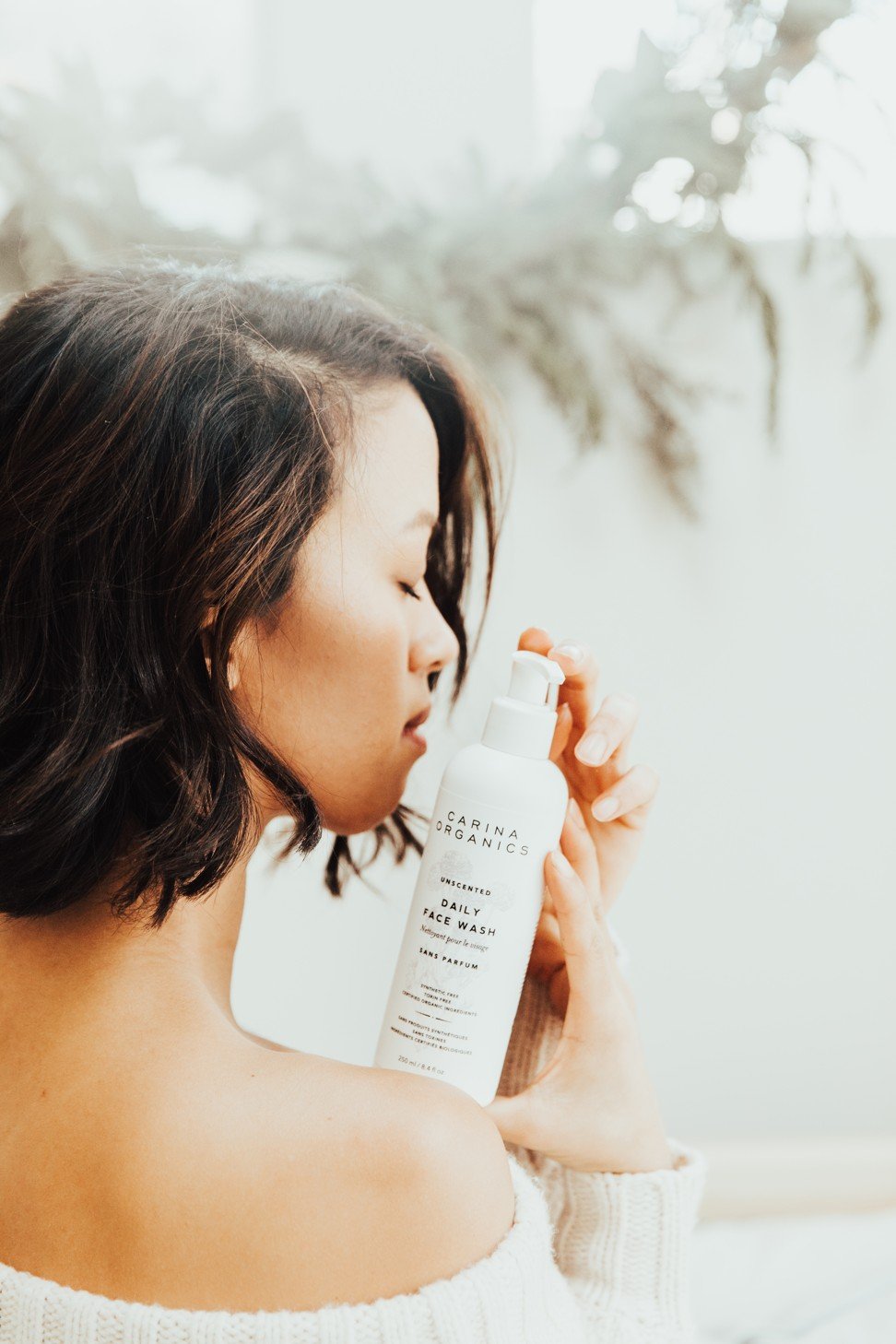
The beauty industry has a plastic problem. Sustainably packaged products do exist – where to find some
- Plastic bottles, plastic dispensers, tubes you squeeze – almost everything the personal care industry sells is packaged in plastic
- Achieving a zero-waste economy will be difficult, but some companies have found ways to deliver their products in a more sustainable way, and they’re growing

Wellness advocate Cristina McLauchlan aims to achieve sustainability in all aspects of her life, but she has seen enough of the world to understand that a waste-free society is highly improbable.
“Zero waste does not exist … as much as we want to believe we can achieve zero waste, our system is not set up for that and we need to reframe how we think about it,” she says.
McLauchlan has more than 20 years’ experience in the hospitality and events industries, which has exposed her to the vast carbon footprint they can leave on the planet.
“The air conditioning, the laundry service, the food waste, the tiny little plastic containers in every single hotel room … we just have so much unnecessary overconsumption,” the Hong Kong-based New Zealander says.

To counter this, McLauchlan is spreading the word about sustainability in her role as a consultant – she works as sustainability consultant to hospitality group Marriott International – and through public speaking engagements.
She also started “The Vibe Tribe”, an online platform for like-minded professionals to share ideas on sustainable changes businesses and individuals can make.
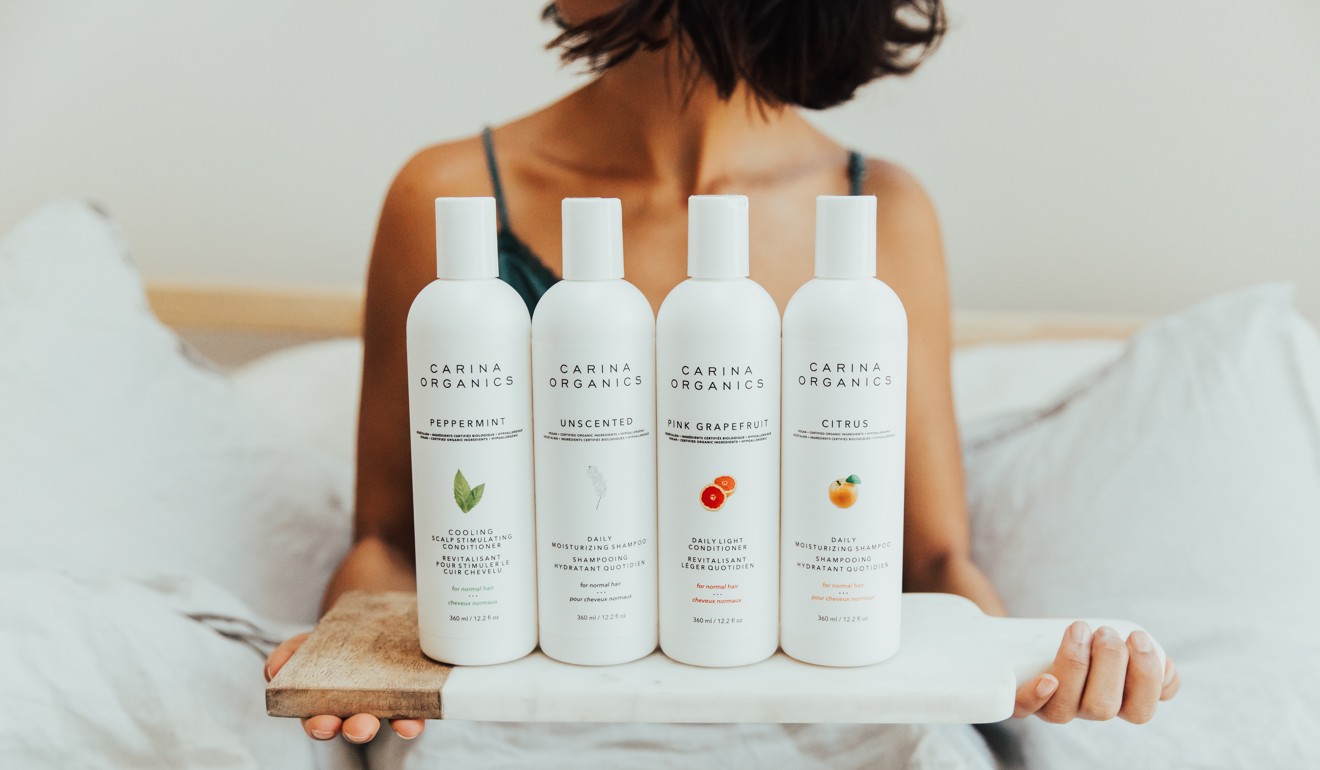
McLauchlan wants to lead by example through the things she buys, but is frustrated by the dearth of sustainable personal care and beauty items such as menstrual products, make-up, and skincare products that are available. The global personal care industry – worth US$500 billion a year, according to National Geographic – packages almost everything it sells in plastic.
That’s not to say there are no sustainable products on the market.
For example, Carina Organics is a natural, organic hair and skincare company based in Vancouver, Canada, whose products are sold in Hong Kong at sustainable grocery store Slowood.
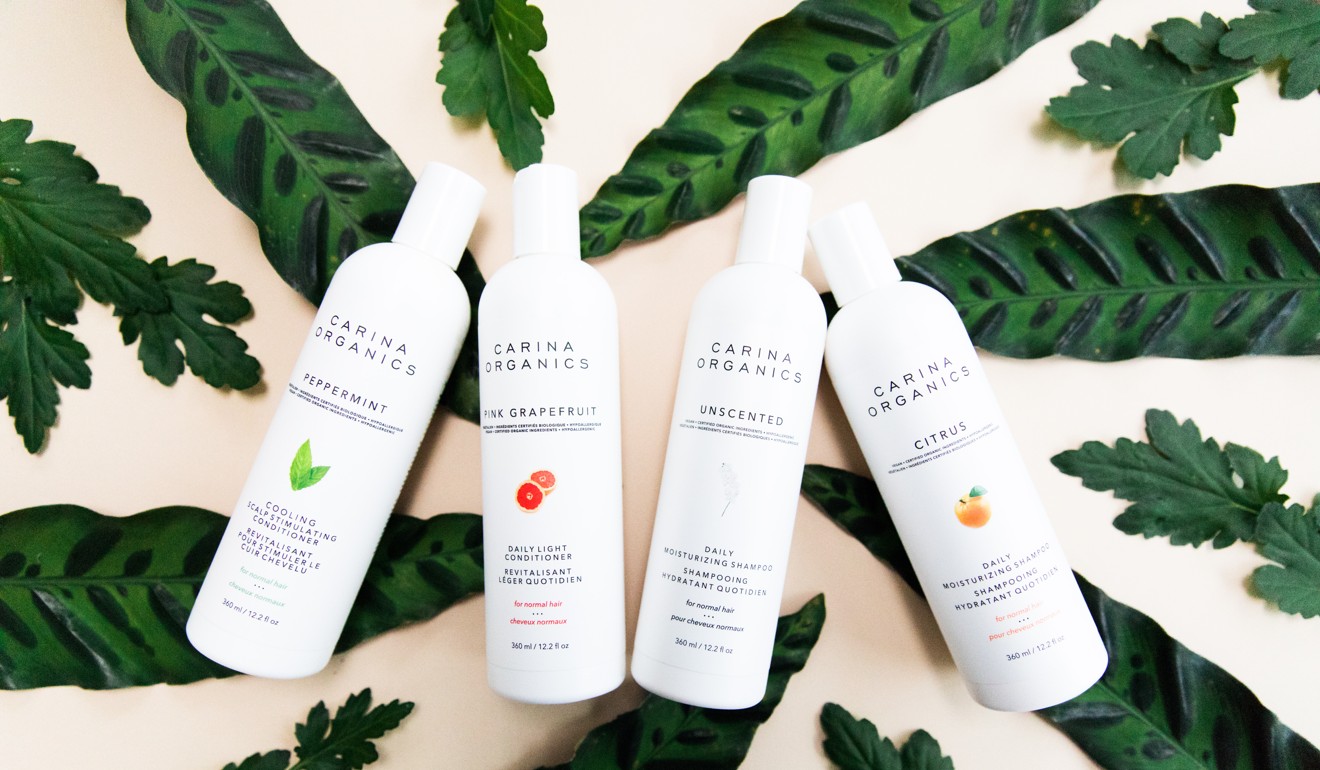
“We try to encourage bulk [purchasing] as much as we can and reduce small bottles being used. When purchases are larger there can be an option of a refilling programme through our retailers,” says Anthony Gollner, CEO and president of Carina Organics. “We have been asked by multiple hoteliers if we could package our product for them and we typically refuse because of the amount of plastics that go into that type of environment.”
The company’s sales have grown at an annual rate of 50 per cent in each of the past five years, and its hair and skin care line has earned the top rating from the Environmental Working Group (EWG), the leading global non-profit tester of products’ toxicity. Carina has been selected as the hair and skincare provider for TedTalks in 2019 and serves the headquarters of global apparel brands Lululemon and Arcteryx.
Despite the company’s success, Gollner acknowledges that it frequently struggles to find plastic-free containers for its products.
What is important is the research … we have to know where a product is from, what it’s made of and, most importantly, do you even need this
“[Our company] is always trying to find ways to make things cleaner and greener, especially when it comes to packaging, but we have found many difficulties,” he says.
Hong Kong has seen a rise in sustainable shopping options such as Slowood in recent years, with at least eight sustainability-centred grocers and lifestyle stores operating in various districts in the city, each with a different focus.
Live Zero is a zero-waste, bulk-food store with outlets in Sai Ying Pin and Sai Kung that is also trying to tackle sustainability in the personal care industry. Earlier this year, it opened a bulk beauty store, which has come up with innovative solutions to reduce packaging waste.
“We sell raw ingredients and ready-made products, anything from citric acid to make-it-yourself bath bombs – natural and clean ingredients,” says Live Zero owner Tamsin Thornburrow.
“In the new store, you can make your own lip balm, or you can buy ready-made, locally made – everything is clean. We have every fillable beauty brand, so people can just buy the container and they can buy the refills so you aren’t buying the full packaging again.”
New products Thornburrow is particularly excited about are mouthwash and toothpaste tablets that just require a spritz of your own water.
Live Zero is applying a zero-preservatives concept to almost all its beauty products.
“For example, we have a clay mask but we don’t sell the pre-packaged one; we just sell the powder, so people go home and add the water themselves, she says.
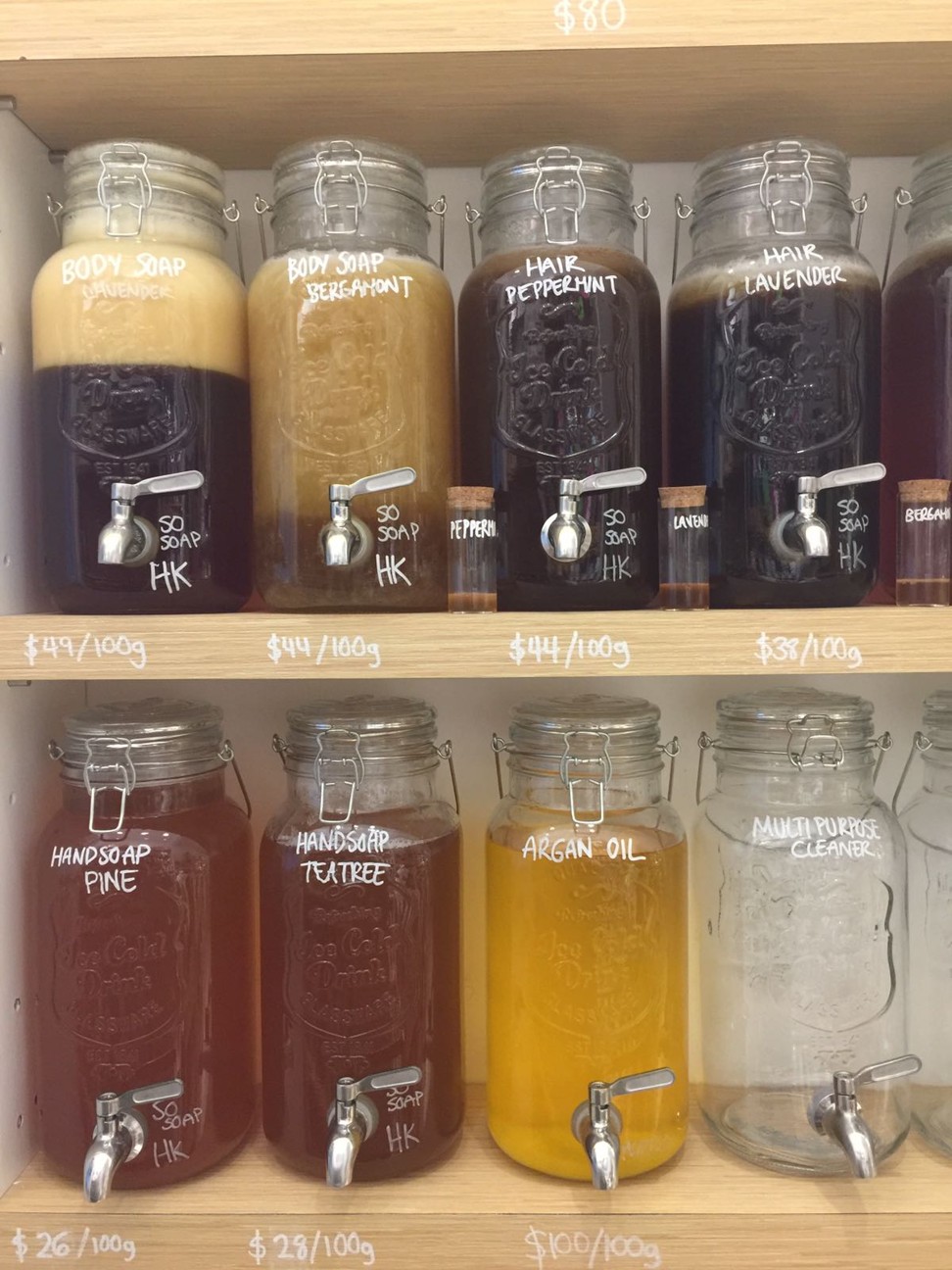
Another product Thornburrow tested at her store was a lip balm wrapped in paper tubes supplied by Hong Kong company Coconut Matter.
Diane van Zwanenberg started Coconut Matter as a passion project, but as the years went by supporting the sustainability movement became more important to her. She recalls when Typhoon Hato hit Hong Kong in 2017 and spread heaps of rubbish through the streets.
“That was the ocean telling you to wake up,” says van Zwanenberg.
Van Zwanenberg sources coconut oil from the Solomon Islands to make items such as soaps, lipstick, balms and more – all of which are packaged in paper tubes.
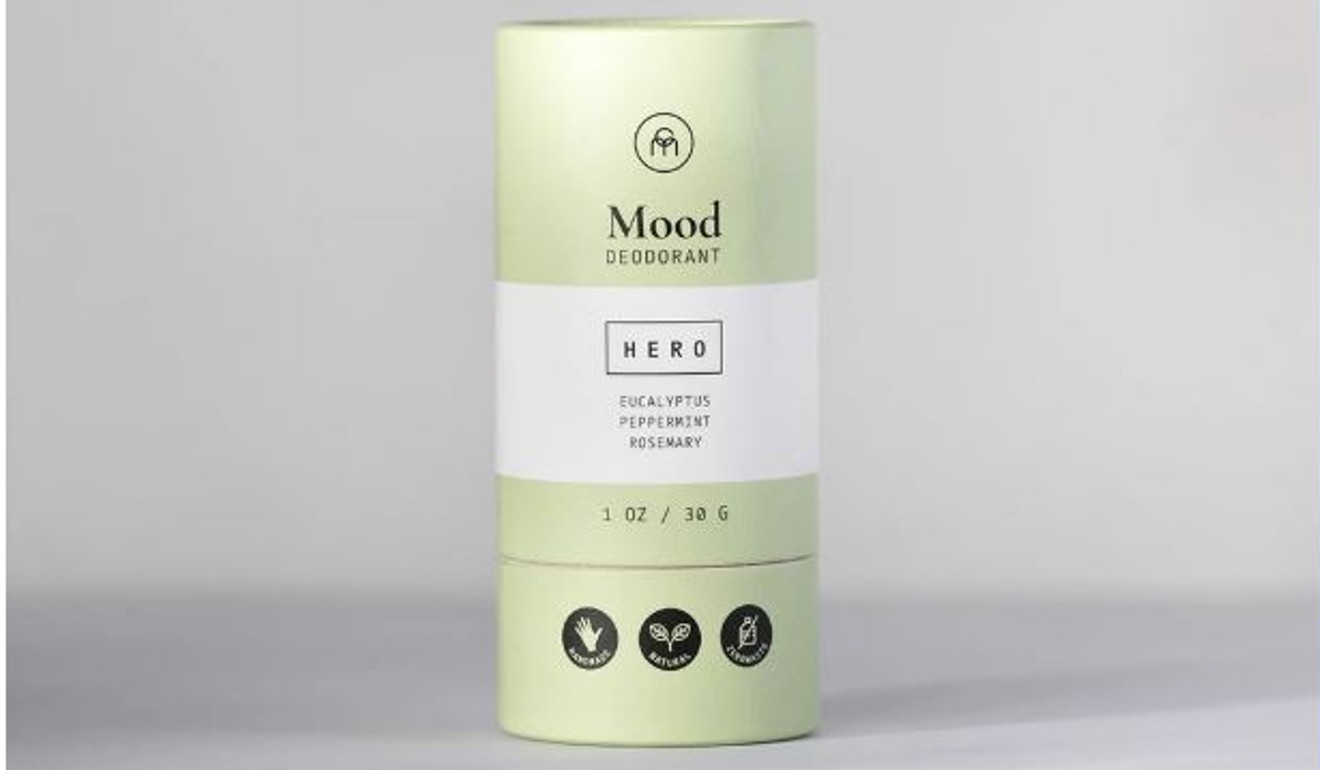
In her spare time, van Zwanenberg volunteers with beach clean-up teams near where she lives – something that inspires her on her mission to transform the personal product industry.
“I get to see the type of trash that gets washed up and it is always consumer trash, so I thought if I can, in any way, make consumer goods that are plastic free … that’s actually making a social and environmental impact,” she says.
McLauchlan knows nothing is going to be done perfectly but that putting in the effort is paramount to changing the way we think.
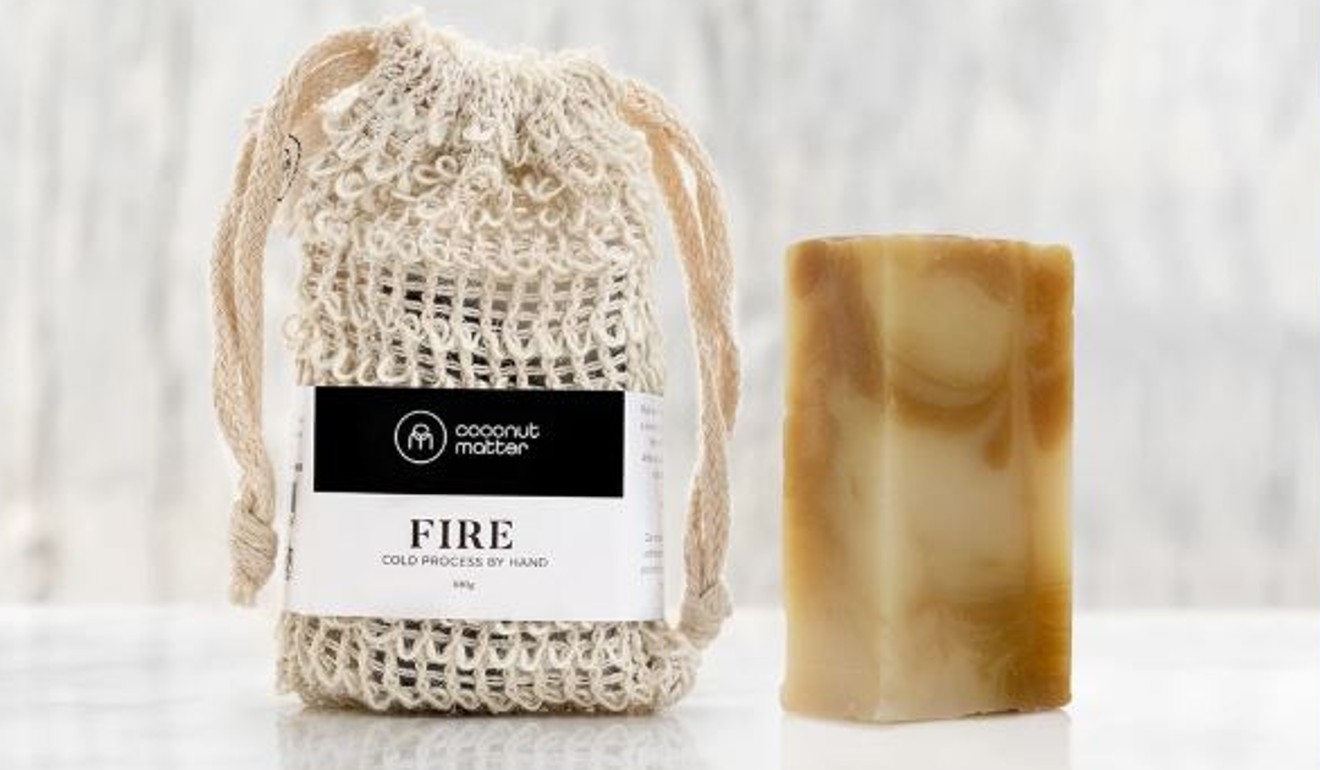
“What is important is the research … we have to know where a product is from, what it’s made of and, most importantly, do you even need this … do you need this product or are you just buying it to fulfil some other need?” she says.
McLauchlan and The Vibe Tribe can be followed online; if you are looking to learn more about plastic waste, she encourages all sustainability seekers to visit the Plastic Oceans website.